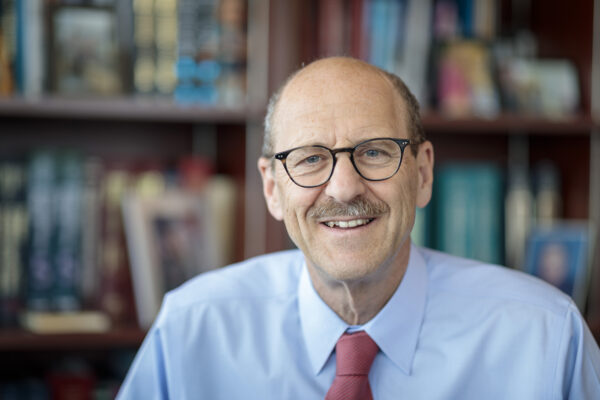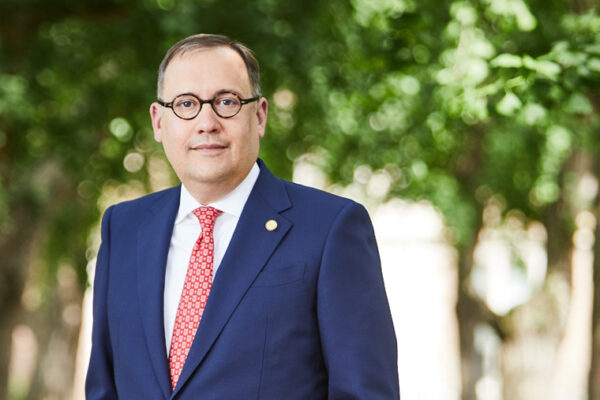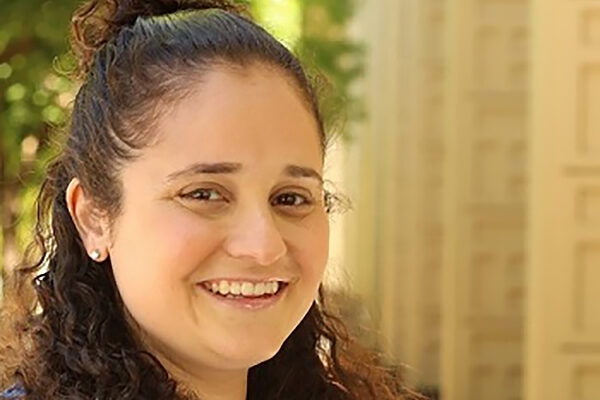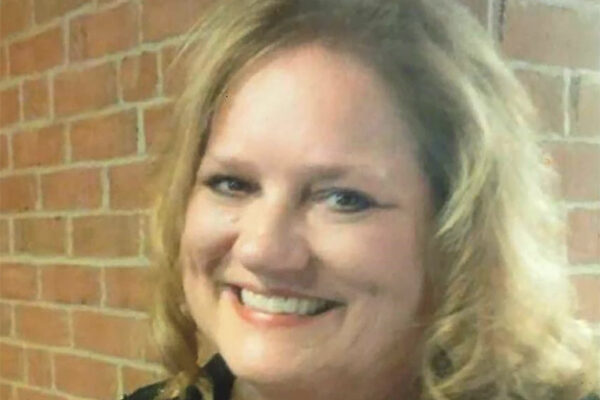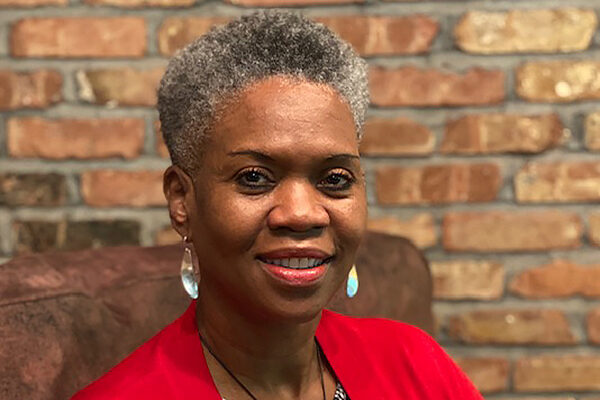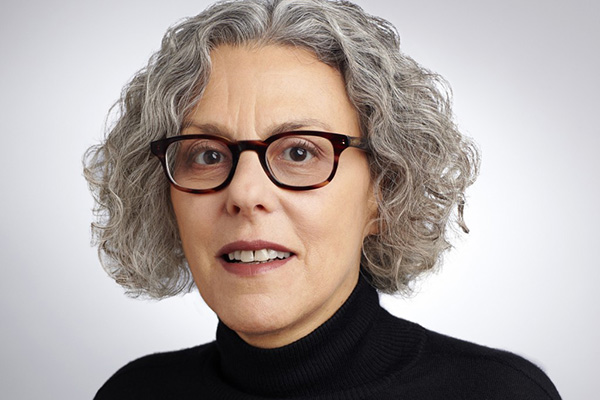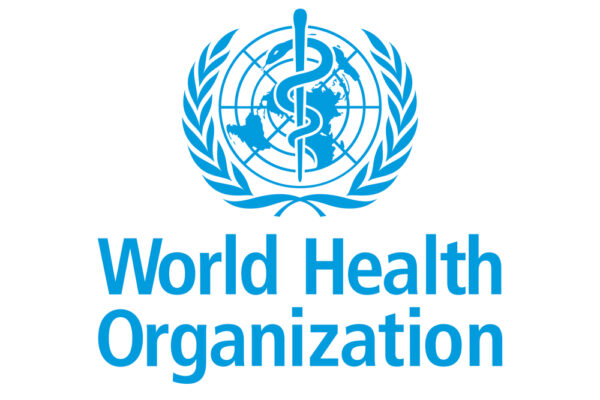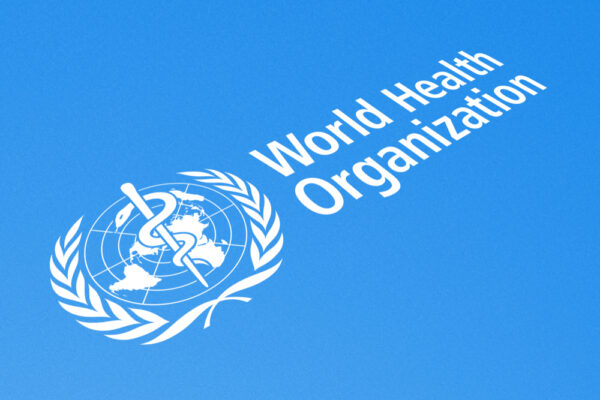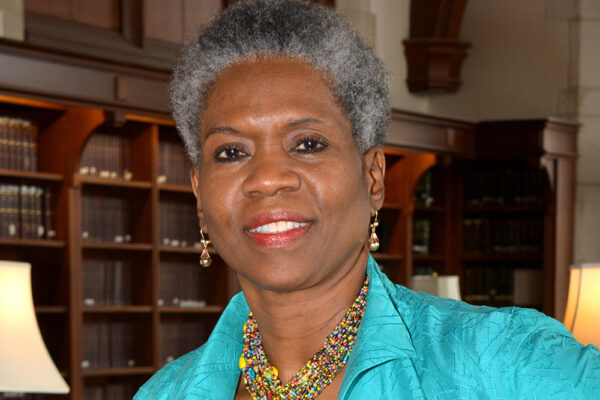Medicaid expansion is a game changer for Missouri
Voting yes on constitutional Amendment 2 to expand Medicaid is something all of us can do to make life better for our fellow Missourians.
University leaders unite behind Medicaid expansion
Voting yes on Amendment 2 brings federal dollars back to Missouri to serve the people who deserve them. Statewide, that means 230,000 hard-working people – including 36,000 Black Missourians – will have access to health care they currently cannot afford.
Colleges Are Getting Ready to Blame Their Students
If universities want to reopen and stay open, administrators need to adopt a compassionate and realistic approach that supports students in staying socially connected and mentally healthy—not just free of coronavirus infection.
Obituary: Cindy Lynn Norman, longtime Brown School staff member, 50
Cindy Lynn Norman, business office operations supervisor at the Brown School, died in her sleep on July 15, 2020. She was 50. Norman had worked at Washington University for 26 years.
Norwood named to ‘Most Influential Business Women’ class of 2020
Kimberly Norwood, the Henry H. Oberschelp Professor of Law, has been named to the St. Louis Business Journal’s “Most Influential Business Women” class of 2020.
Trump has the worst record at the Supreme Court of any modern president
As Americans lose confidence in democratic institutions at the national level, the country’s least democratic branch of government looks better and better.
WashU Expert: America gains nothing by leaving WHO
President Trump’s recent announcement to suspend funding to the World Health Organization is “counter to our interests in addressing our needs to save the lives and further the health of Americans, as well as an abandonment of America’s position as a global leader,” says the director of Washington University’s Institute for Public Health.
WHO withdrawal may not be legal
President Donald Trump announced July 7 that the United States has officially begun to withdraw from the World Health Organization. Trump may or may not have the authority to do so, says an expert on health law at Washington University in St. Louis.
COVID-19 demonstrates why wealth matters
While COVID-19 has impacted all individuals, the impact has not been equal. In a new national Socioeconomic Impact of COVID-19 survey, the Social Policy Institute at Washington University in St. Louis found that liquid assets increased the likelihood that an individual could practice social distancing.
Norwood honored for diversity and inclusion work
Kimberly Norwood, the Henry H. Oberschelp Professor of Law, is being honored by Missouri Lawyers Media for her work on diversity and inclusion.
View More Stories
